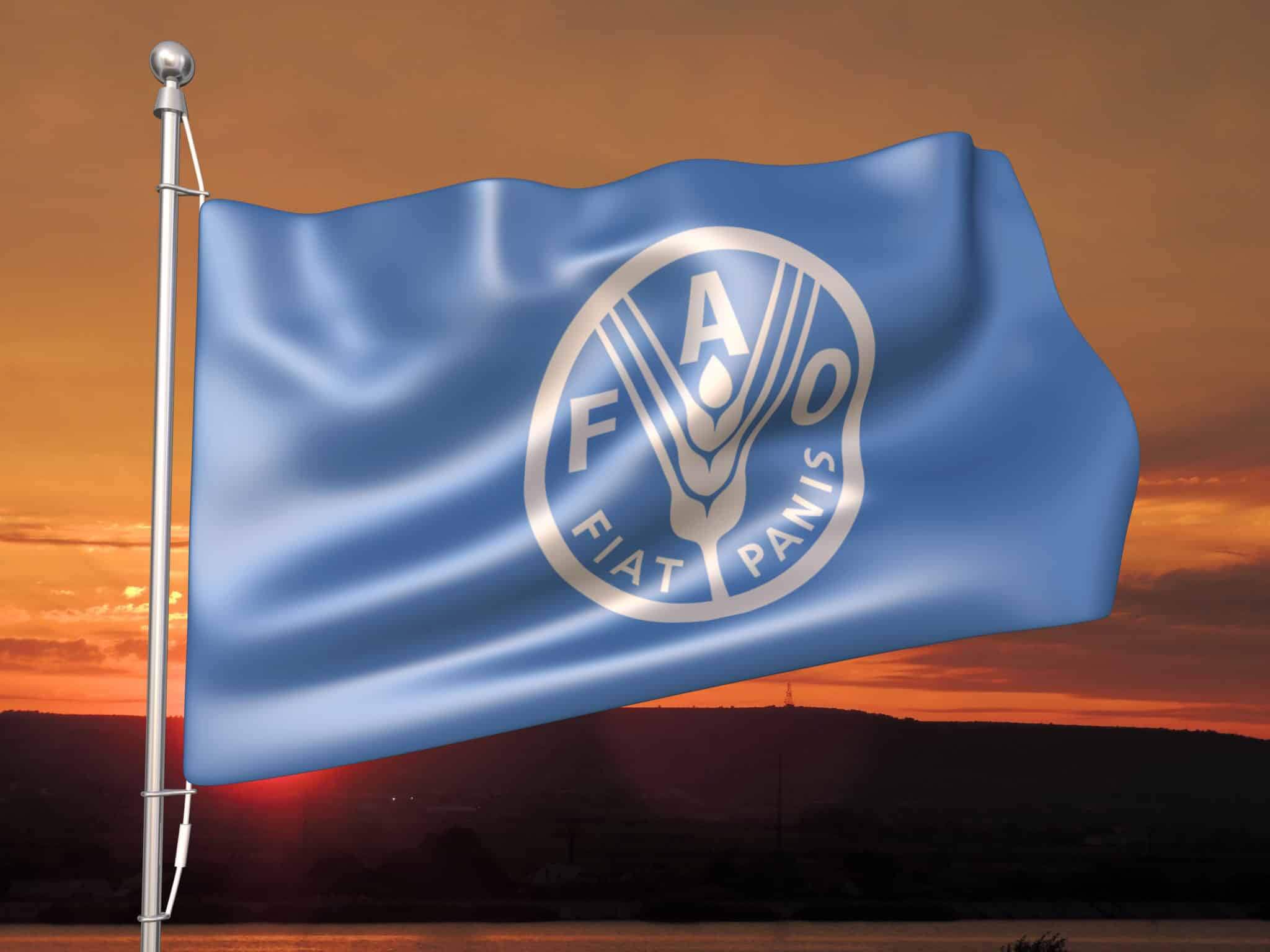
FAO: COVID-19 Warns Global Food Security Unless Mitigated
The Food and Agriculture Organization of the United Nations (FAO) has warned that the world faces a looming food crisis that will set it as soon as April and May due to the coronavirus lockdowns, food supply chains disruption and panic-motivated hoarding.
In the wake of devastating worldwide economic news about the dire state of the global economy, FAO issued this prediction in their latest update on the impact of COVID-19 on food security, adding that fast reactive measures need to be implemented right away.
“We risk a looming food crisis unless we take measures fast to protect the most vulnerable, keep global food supply chains alive. And mitigate the pandemic’s impacts across the food system.”
Stating that while the disease will eventually retreat, FAO maintained that right now, currently, it is widely spreading. And it requires a global response, as it poses a threat to both the lives and livelihoods of people around the world.
The World Need Not Panic Yet, FAO Insists
FAO stated that there is enough food for everyone in the world. And the food crisis is entirely avoidable, as long as policymakers implement informed decisions to avoid causing a global health crisis.
According to FAO, the current disruptions are minimal. But the supply chain is slower, and high-value commodities like fruits and vegetables are less available. In April, however, there will be significant food supply chains disruption.
Apart from restricted movement and reduced farming activities from farmers. Other contributing factors that will interfere with agricultural production and processing are fertilizers and veterinary medicines shortages.
“Closures of restaurants and less frequent grocery shopping diminish demand for fresh produce and fisheries products, affecting producers and suppliers. Smallholder farmers are particularly vulnerable.”
Most Vulnerable Regions in the World Stand To Face Dire Hunger Consequences
“Desert Locust outbreak in the Horn of Africa, insecurity in Yemen or the Sahel. For example-and countries that rely heavily on food imports such as the Small Islands Developing States. And countries that depend on primary exports like oil.”
According to FAO, there are 820 million people in the world currently facing chronic hunger. Out of this, 113 million people are wholly reliant on food assistance from external sources, as a result of severe or acute hunger.
“These people can ill-afford any further potential disruptions to their livelihoods or access to food that COVID-19 might bring.”
COVID-19 has spread globally across the world to more than 100 countries. And out of these, 44 require external food assistance, while the 113 million come from 53 of the affected countries.
Most of their health systems are already ill-equipped to handle increasing infection cases. And this puts them in a particularly vulnerable position.
In light of these possible outcomes, FAO has undertaken measures to support developing countries on their food security plans. And contribute to global food trade and market discussions.
FAO is also offering its support to research efforts by countries. And institutions to identify other potential non-human hosts as well as mitigate its spread in the world and find a cure.
Global Food Markets Are Likely To Suffer Less Than Other Sectors
Coronavirus will, in the short-term, cause the price of a healthy diet to go up as it is part of perishable commodities. This is bound to affect low-income households and slow down the progress towards achieving Sustainable Development Goals.
Countries with a high dependency on imported food commodities will experience a higher negative impact.
“Here, the negative effect is stronger, as a one percent increase in commodity-import dependence causes an average increase in undernourishment of 3.8% per year. When the country is food-import dependent, there is an average increase in undernourishment of 8% per year. “




